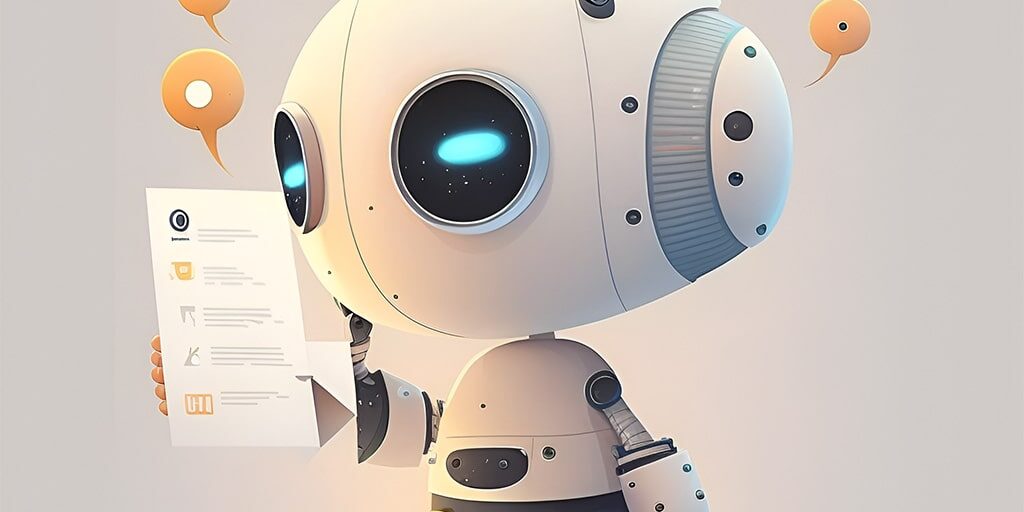The Future of Artificial Intelligence: Human-Centric Innovation in the Middle East
Artificial Intelligence is no longer a concept of the distant future—it is transforming industries, societies, and workplaces across the globe. In regions like Dubai and the broader Middle East, where digital transformation is accelerating rapidly, the conversation around AI often focuses on disruption and job displacement. However, a deeper analysis reveals a more balanced and hopeful narrative. AI will not replace humanity—it will amplify human potential.
AI in the Middle East: A Catalyst for Human-Centered Progress
Governments and businesses in the UAE and GCC are investing heavily in artificial intelligence, recognizing it as a strategic pillar for future growth. From smart cities to healthcare automation, AI is revolutionizing operations. Yet, true innovation will not come from machines alone—it will come from how humans and machines collaborate. Human adaptability, empathy, and creativity remain essential, and irreplaceable.
The Role of AI: Replacing Tasks, Not People
Rather than eliminating human jobs, AI will increasingly automate repetitive and routine tasks. This transition enables people to focus on areas requiring judgment, strategy, emotional intelligence, and innovation. In sectors like education, healthcare, and creative industries, the human touch remains central.
In the healthcare sector, AI-driven diagnostics can detect diseases earlier and more accurately, but the role of physicians remains vital. Patients seek empathy, comfort, and ethical decision-making—qualities that machines cannot replicate. The synergy between human insight and machine learning creates a superior model of care.
Creativity and Emotional Intelligence: The Core of Human Value
What sets humans apart is not just intelligence, but emotional depth and creative expression. AI can generate music, literature, or design—but it lacks intention, soul, and context. Human artists, writers, and innovators infuse their work with personal experiences and emotions, giving it meaning.
This intrinsic human quality is especially valuable in culturally rich regions like the Middle East, where storytelling, tradition, and interpersonal connection are essential to communication and business.
AI and Ethical Responsibility: Shaping Inclusive Innovation
As AI becomes more advanced, the responsibility to use it ethically intensifies. In Dubai and across the GCC, national strategies emphasize responsible innovation. This includes building AI systems that respect cultural values, protect privacy, and serve societal well-being.
AI must reflect the diversity, aspirations, and ethics of the people who build and use it. Developers, policymakers, and business leaders in the Middle East have a unique opportunity to embed human values into AI development from the start.
Humanity as a Strategic Asset
In a global economy driven by data and automation, human capabilities are increasingly seen as premium assets. Empathy, leadership, cultural sensitivity, and critical thinking are becoming more important, not less. These soft skills—especially relevant in international business hubs like Dubai—cannot be outsourced to machines.
The future workforce in the Middle East must combine technical fluency with strong interpersonal and ethical foundations. Education systems and corporate training programs must evolve accordingly.
Systemic Awareness: Challenging the Misuse of Technology
One of the greatest risks of AI is not the technology itself, but how it’s used within economic and political systems. If innovation serves only profit-driven models, it risks exacerbating inequality and reducing access to opportunity. In the Middle East’s rapidly developing economies, ensuring inclusive access to AI tools and training is vital.
Technology must be democratized—not monopolized. By adopting transparent governance and inclusive strategies, the region can ensure that digital transformation benefits the broader population, not just elite institutions.
Adapting to Change: Humanity’s Timeless Strength
From the Industrial Revolution to the digital age, humanity has always adapted. AI is the next stage of this evolution. What matters is not whether AI will change the world—it will—but whether we are prepared to shape that change with purpose and foresight.
The Middle East is uniquely positioned to lead this transformation. With visionary national strategies, a young and tech-savvy population, and a strong cultural emphasis on community, the region can model a human-first approach to AI development.
Conclusion: A Future Defined by Human-Machine Synergy
The future of artificial intelligence is not one of human extinction—it is one of human expansion. Machines will enhance our productivity, but the essence of what makes us human—our ability to feel, to dream, to create, and to connect—will define the next era.
In Dubai and across the Middle East, the integration of AI offers a once-in-a-generation opportunity: to build societies that are not only smart, but also ethical, inclusive, and deeply human. By staying true to our values and embracing innovation with wisdom, we can ensure that AI supports a better future for all.







